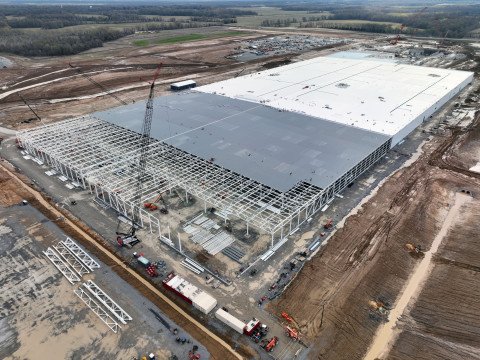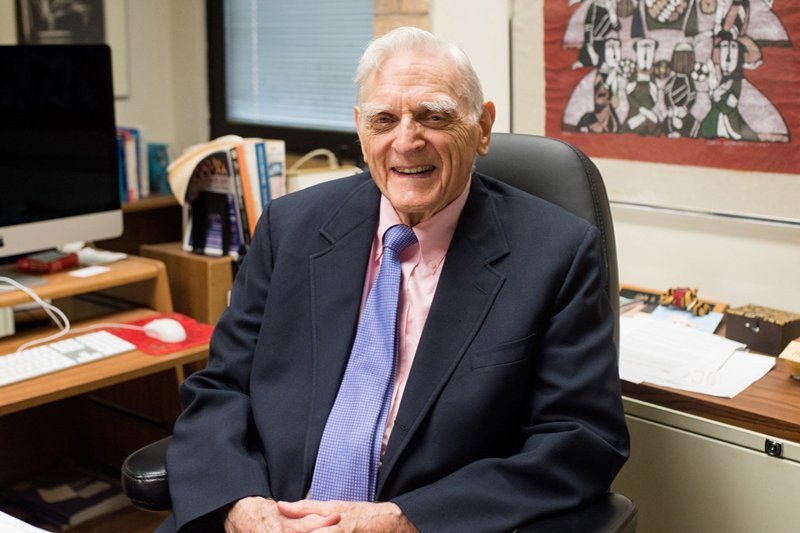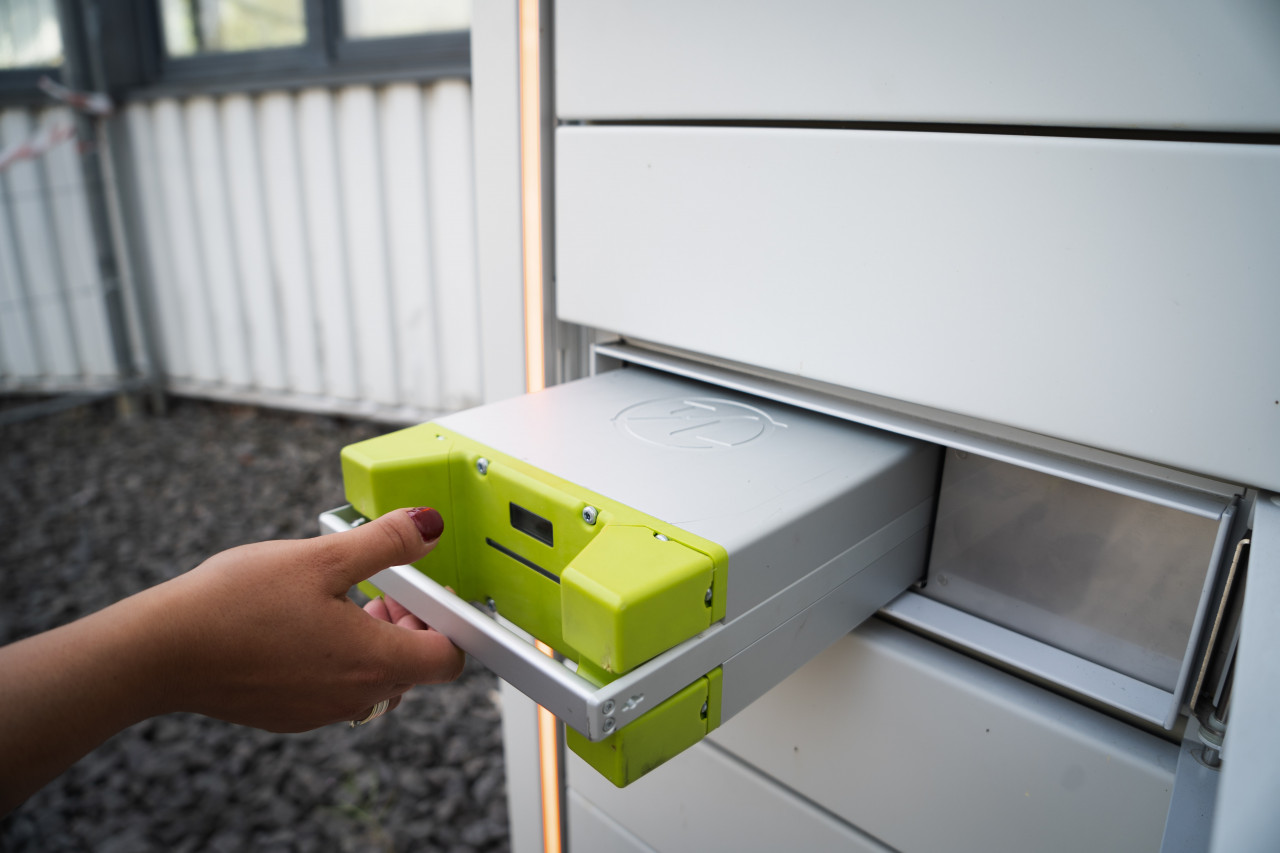Rechargeable li-ion battery inventor John Goodenough passes away
John Bannister Goodenough, co-inventor of the rechargeable lithium-ion battery, has passed away one month before he would turn 101 years old, the Hindu BusinessLine reports, citing one of the scientist's students.
Dr Goodenough, named co-winner of 2019 Nobel Prize for Chemistry for his contributions to the li-ion battery, discovered the feasibility of lithium cobalt oxide as a cathode material while he was head of the Inorganic Chemistry Laboratory at Oxford University. The discovery built on the work of his Nobel prize co-winner Stan Whittingham, who had earlier discovered that lithium could be stored within sheets of titanium sulphide.
The use of a cobalt-based cathode in a lithium-ion battery led Sony to offer the first rechargeable batteries on a commercial scale, and launched a revolution in portable electronic devices.
Dr Goodenough was named to ETN's Hall of Fame last year after making three successive appearances in the magazine's annual list of 50 Global Leaders of CleanTech.
In 2017, Goodenough lead a team of engineers to develop the 'glass battery', the first all-solid-state battery cells which would enable safer, faster-charging, and long battery life for batteries used in mobile phones, energy storage and electric cars. The glass battery was invented along with senior research fellow Maria H. Braga of the Cockrell School of Engineering at the University of Texas.
In 2020, Goodenough, along with several members of his lab at University of Texas, launched a partnership with EnergyX, an energy technology company, in an effort to radically rethink the approach to energy storage.
Among his other honors, Dr Goodenough has also been awarded the Copley Medal from the Royal Society, UK, and the National Medal of Science in the USA.
In India, Prof Preetham Singh of IIT-BHU, one of Goodenough's students, recalled him as "a great soul, very humanistic, whose doors were always open to anyone for discussion, suggestion and help."























